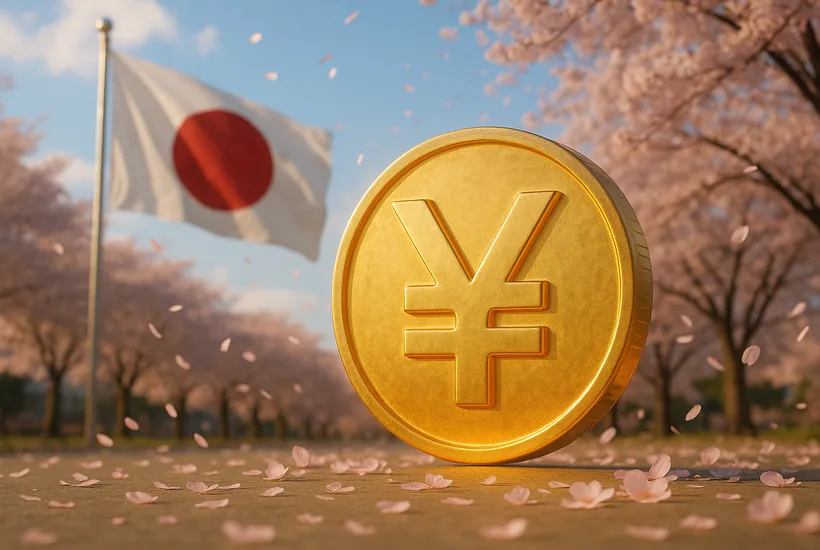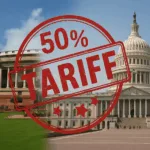- Japan’s government bonds are expected to fuel the JPCY stableocoin
- The exact date of its launch remains undisclosed
- Official confirmation on the JPCY stablecoin from the Japanese authorities also remains awaited for now
Japan may just become the next big country to cash-in on the stablecoin fervor and announce a yen-pegged digital token of its own. The Financial Services Agency (FSA) of Japan is reportedly close to greenlighting this stablecoin, dubbed the “JPCY” between September and December this year.
Stablecoins are crypto assets that derive their values from underlaying assets like fiat currencies. These tokens are more “stable” during market volatility compared to other crypto assets like Bitcoin and Ether among others. Tether (USDT) and Circle (USDC) are two of world’s largest stablecoins — both maintaining a 1:1 ration with the U.S. dollar.
Key details reported on Japan’s JPCY stablecoin
In Japan, a Tokyo-based fintech firm called Chiyoda (JPCY Corporation) is expected to complete its registration as a money transfer business within this month. Its goal will be to maintain JPCY’s value in a 1:1 ratio with the yen currency, The Nikkei reported over the weekend.
Newsletter
Get weekly updates on the newest crypto stories, case studies and tips right in your mailbox.
For now, Japanese authorities have neither confirmed or denied reports on the development. Noritaka Okabe, an official from JPCY corporation however, did share some insights behind Japan’s approach to the token.
“Stablecoins are massive government bond absorption machines. In Japan, JPYC will likely start buying up Japanese government bonds in large quantities going forward,” Okabe posted on X last week. He also claimed that interest rates on government bonds are likely to rise in countries that do not explore stablecoin issuance as they would miss out on catering to a new category of demand by institutional investors.
On Monay, August 18, Okabe shared screenshots highlighting the JPCY story on national newspapers. He asserted that the token is not a “cryptocurrency” but a stablecoin that would essentially work as an electronic payment method.
More details on Japan’s JPCY stablecoin remain awaited for now.
Stablecoin snowballing
The U.S., meanwhile, stirred up the global stablecoin buzz last month after President Donald Trump signed the “GENIUS Act” into a law. This legislation clarifies the dos and don’ts for stablecoin issuers aimed at protecting the national financial security while foraying into the next chapter of fintech development.
Last month, Chinese tech giants — JD.com and the Ant Group — reportedly reached out to the People’s Bank of China (PBOC) seeking approval on yuan-backed stablecoins.
Cotrary to the hype, Bank of England Governor Andrew Bailey recently expressed his concerns on stablecoins — claiming that these assets pose “systemic risks” to financial stability and could threaten the fundamental nature of money.
As of Monday, the overall valuation of the stablecoin sector stood at $284.95 billion, data by CoinGecko showed.
 Radhika Parashar
Radhika Parashar









